|
This is copied from an email sent out by Dr. Joshua Coleman who works with estranged parents. He was once estranged himself.
Six Common Myths of Estranged Parents MYTH #1: I can’t have a happy life without my child or grandchild in it. FACT: While the pain of estrangement is enormous, the biggest obstacle isn’t just the absence of your child; it’s your guilt, shame, and inclination to punish yourself. It’s your belief that not only could you have done better but that you should have done better. MYTH #2: If my own child rejects me, it proves that I’m unlovable. FACT: Your value isn’t for your child or anyone else to determine. Your value is part of your birthright, and you should guard it with your life. MYTH #3: I should always be thinking about my child. Otherwise, I’m being a neglectful parent and a bad, selfish person. FACT: It isn’t good for your mental health to obsess about the estrangement or the well-being of your child. Putting your child out of your mind can actually be useful for your happiness and serenity. You are still a good person and a good parent even if you don’t think about him or her. MYTH #4: If I hadn’t made the decisions or mistakes I made, my child’s life would be completely different. FACT: Perhaps, but parents are only part—and sometimes a small part—of determining how a child’s life turns out. Genetics, class, neighborhood, siblings, peers, culture, their choice of partners, and random luck are sometimes far more important. MYTH #5: My child is the most appropriate person to say what kind of a parent I am or was. FACT: Sometimes one’s children are the least able for the following reasons: 1) They are too influenced by your ex or the person to whom they’re married. 2) Their mental illness causes them to view you through the distorted lens of their illness. 3) Their therapist has changed their perception about what kind of a parent you are or were. 4) They devalue you for reasons that don’t have to do with your parenting. They have to combat their fear that they’re too dependent and to prove to themselves that they can stand on their own. MYTH #6: If only I’d raised them differently or gotten them help, I wouldn’t be estranged today. FACT: No one knows who is going to estrange and who isn’t. There are many truly abusive parents whose children would never dream of estranging them; conversely, there are plenty of dedicated parents whose children choose to end the relationship. The fact that so many dedicated parents are estranged today shows that this is part of a larger social phenomenon, more than the problem of any one parent.
0 Comments
This blog discusses reasons for family estrangement.
https://www.parentingforbrain.com/family-estrangement/ ***PEAK Support Group is not affiliated or otherwise connected to the resources shared on this blog and the website, nor do we endorse the content. We simply share resources that our members have discovered and found to be helpful.*** Prodigal Parent Process
By: Douglas Weiss, Ph.D (click on image to bring you to the website to purchase) ***PEAK Support Group is not affiliated or otherwise connected to the resources shared on this blog and the website, nor do we endorse the content. We simply share resources that our members have discovered and found to be helpful.***  Many members of PEAK have found these podcasts to be helpful. Click on the image to go the YouTube channel. ***PEAK Support Group is not affiliated or otherwise connected to the resources shared on this blog and the website, nor do we endorse the content. We simply share resources that our members have discovered and found to be helpful.*** Rules of Estrangement: Why Adult Children Cut Ties and How to Heal the Conflict
By: Joshua Coleman, PhD A guide for parents whose adult children have cut off contact that reveals the hidden logic of estrangement, explores its cultural causes, and offers practical advice for parents trying to reestablish contact with their adult children. (click on image to bring you to the book on Amazon) ***PEAK Support Group is not affiliated or otherwise connected to the resources shared on this blog and the website, nor do we endorse the content. We simply share resources that our members have discovered and found to be helpful.*** 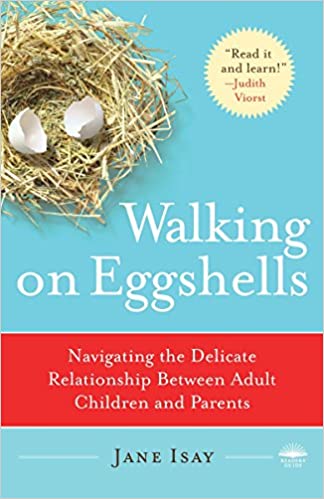 Walking on Eggshells: Navigating the Delicate Relationship Between Adult Children and Parents By: Jane Isay (click on image to bring you to the book on Amazon) ***PEAK Support Group is not affiliated or otherwise connected to the resources shared on this blog and the website, nor do we endorse the content. We simply share resources that our members have discovered and found to be helpful.***
This video is about the difference between responding and reacting. It's one of the most important things to understand when dealing with a narcissist or other Cluster B personality. Learning to respond instead of reacting is also a very valuable life skill and a sign of emotional maturity.
***PEAK Support Group is not affiliated or otherwise connected to the resources shared on this blog and the website, nor do we endorse the content. We simply share resources that our members have discovered and found to be helpful.*** |
Author: PEAK facilitatorsPEAK Support Group is not affiliated or otherwise connected to the resources shared on this blog and the website, nor do we endorse the content. The content shared IS NOT a substitute for professional counseling. We simply share resources that our members have discovered and found to be helpful. ArchivesCategories
All
|
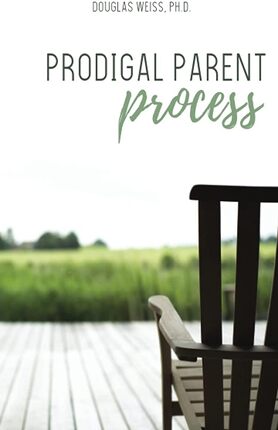
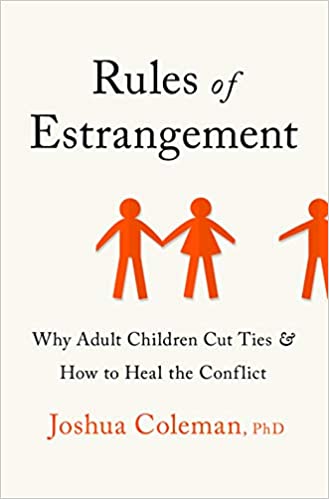
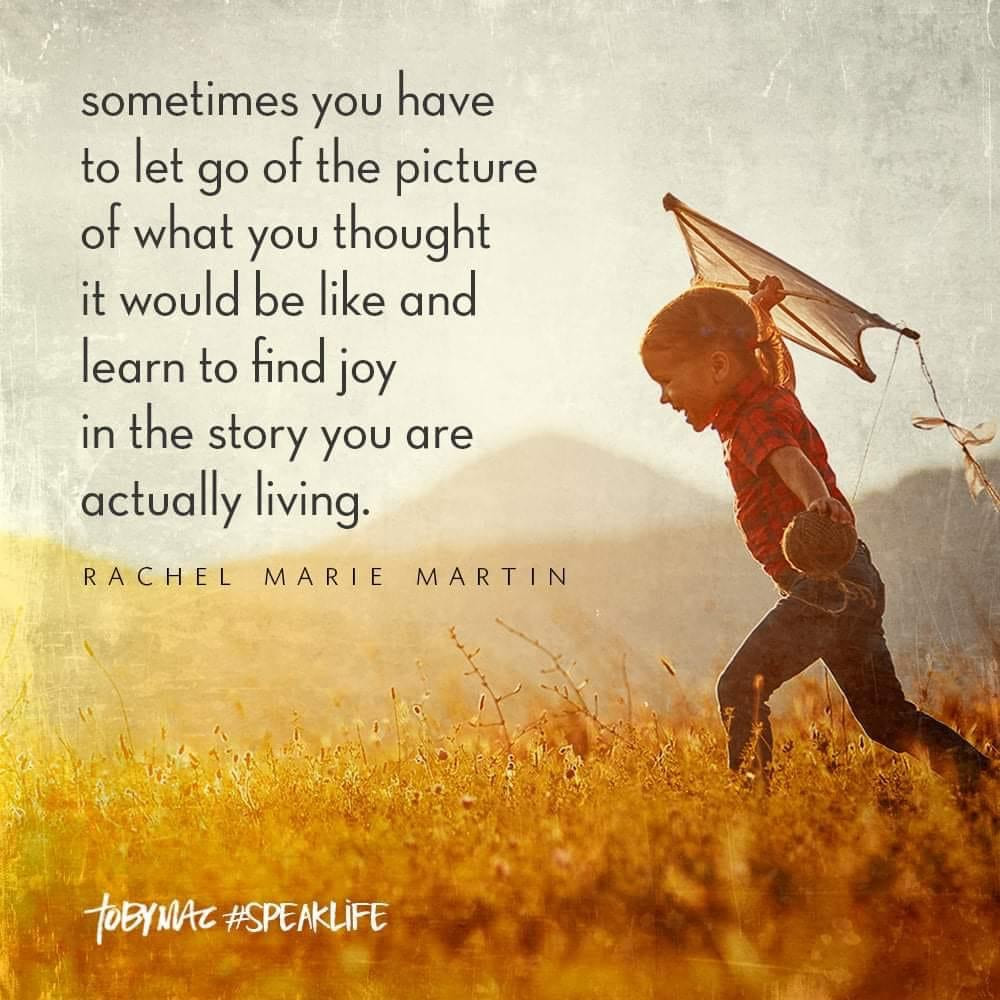
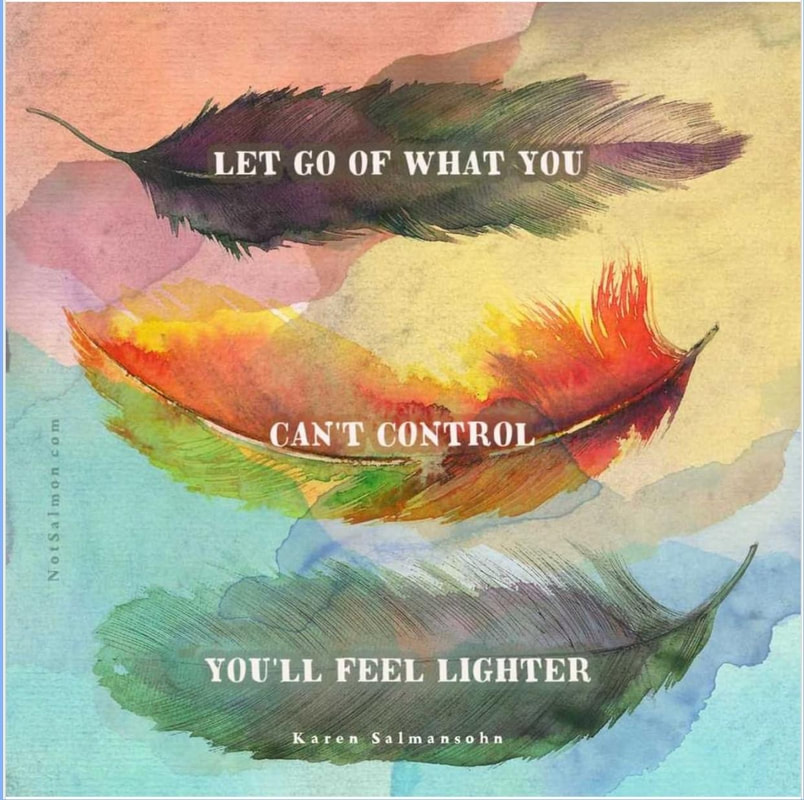
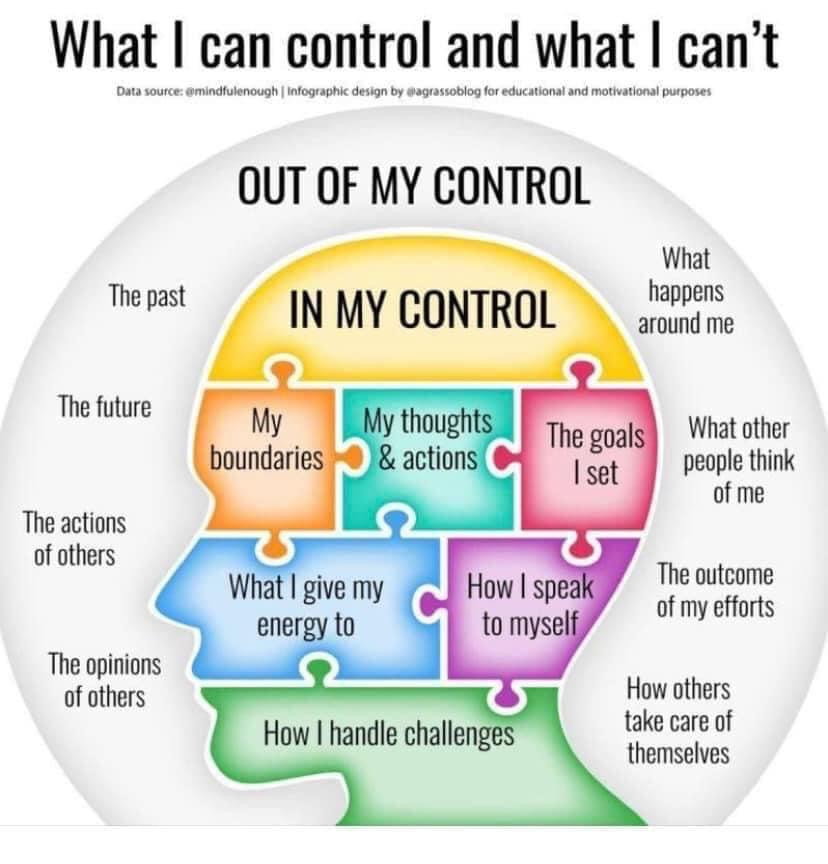
 RSS Feed
RSS Feed
